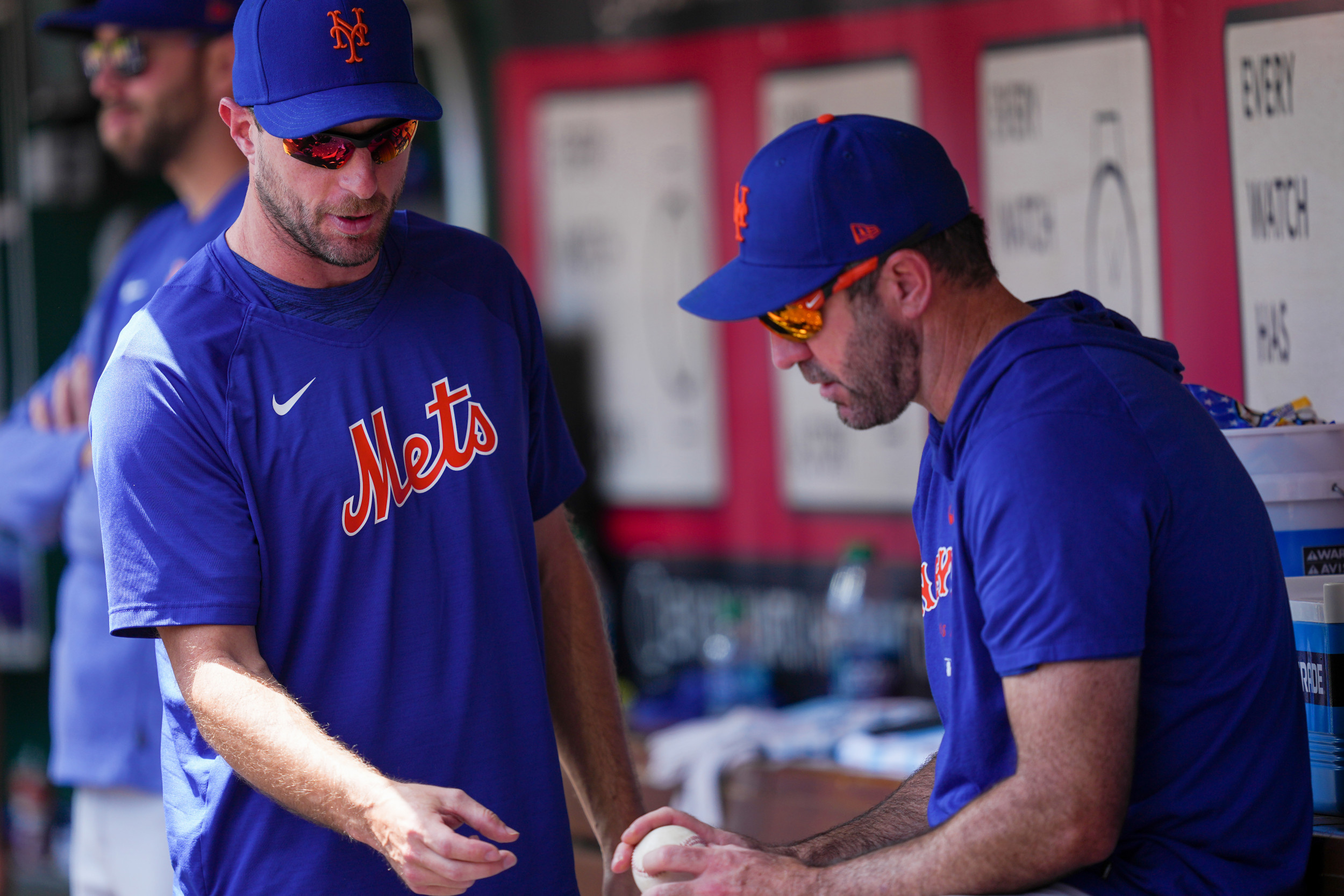After the successful docking of China's latest cohort of taikonauts to its very own space station, the question of who will dominate the future of space exploration has been brought into sharp focus.
Nowhere is this latest installment of the space race more apparent than the ambitions to land people back on the moon by the time this decade is out—a race China may now win, according to experts.
The launch of NASA's Artemis III mission, which will bring astronauts back to the moon for the first time in more than 50 years, is currently scheduled for no earlier than September 2026. China, meanwhile, is targeting a landing date in 2030. On paper, the U.S. is ahead.
But NASA's Artemis missions have already faced delays, and a December 2023 assessment by NASA put the chances of Artemis not landing on the moon until after February 2028 at one in three. This leaves the door open for China to get there first, Jacco van Loon, an astrophysicist and space exploration public engagement expert, told Newsweek.

"The Chinese programs are a little more secretive, so we know less behind the scenes," he said. "But it looks like the program is going well and so we should expect that they will be able to land on the moon by 2030."
Van Loon pointed to recent Chinese successes, such as sending probes to the moon and returning samples back to Earth, and their recent wealth of experience in sending crewed missions to space as indicators that China's plans will be successful.
"I think that's why it's more likely that they will succeed on the timescale they've set out, whereas the Artemis program from the U.S. and other allied states is just a little bit more uncertain," van Loon said.
But while China landing people on the moon first would be a significant shift in the dominance of space exploration, van Loon is concerned that rushing to get there first could be costly for the U.S.
"I think it would be a mistake to try to get there come what may before the Chinese do. From a scientific point of view, that's a risk that's not worth taking," he said. "It's better to do everything well tested rather than trying to be the first. Why would you want to be the first? There's no scientific reason for that."
NASA's Artemis program still has significant hurdles to overcome before it can return humans to the moon. Not least because the SpaceX rocket that will take them to the surface must refuel in Earth orbit before heading to the Moon, where astronauts will then board the landing system.
Uncrewed tests of this complicated operation will be needed before Artemis III can go ahead.
For van Loon, who makes it there first isn't what's really important.
"I think it's a good thing so long as there isn't a monopoly," he said. "If there are multiple players, it's in everyone's interest to set the rules and not make the same mistakes as in the past. And so there will be cooperation in the same way that although there are tensions between Russia and the U.S., now they still share the International Space Station.
"It could be an opportunity for peaceful coexistence, if not collaboration, alongside any of the conflicts that we have on the surface."
Do you have a tip on a science story that Newsweek should be covering? Do you have a question about the moon? Let us know via science@newsweek.com.




















 English (US) ·
English (US) ·